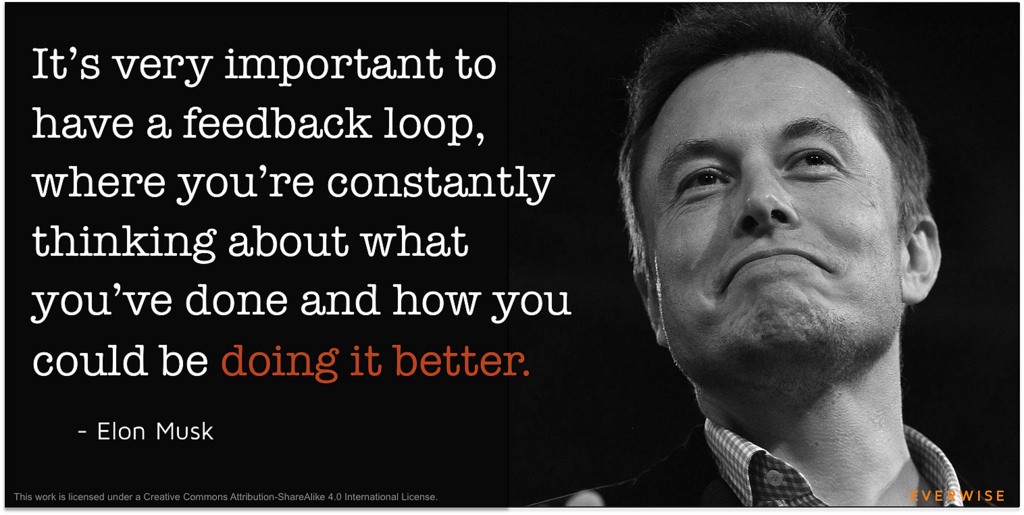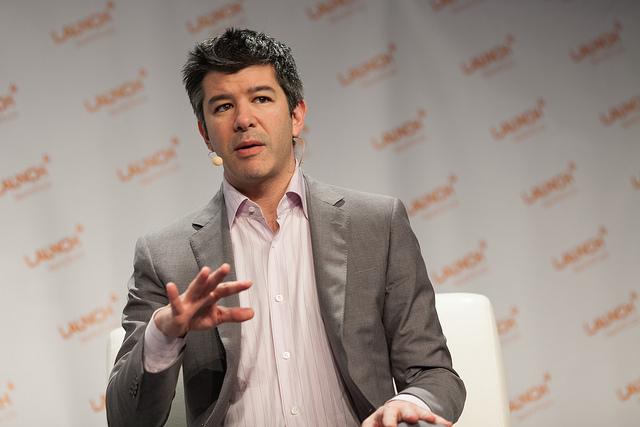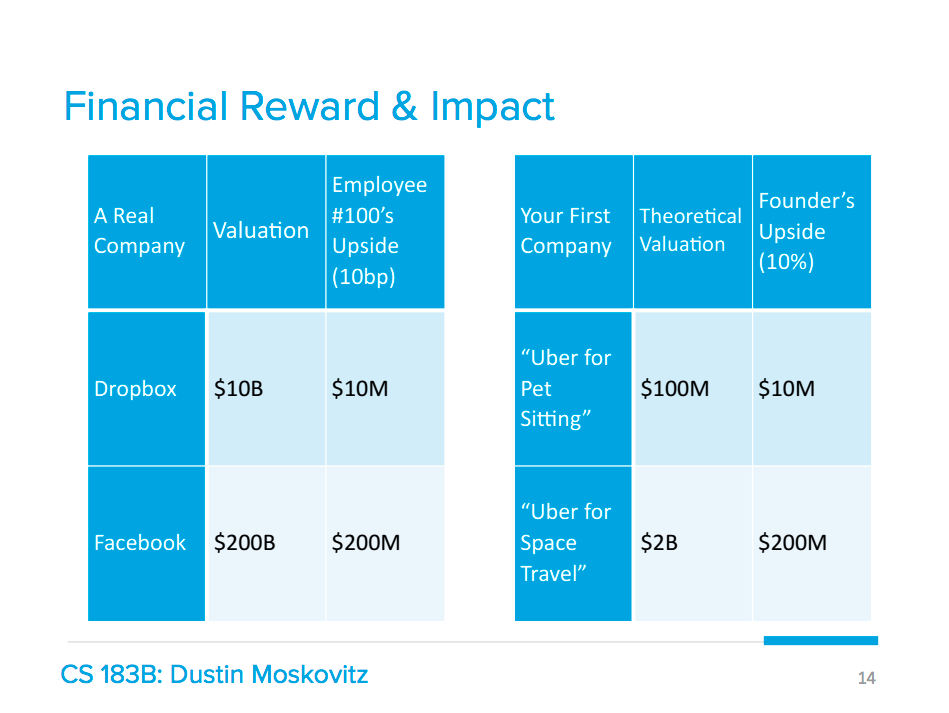The “PayPal Mafia,” as it is called, refers to the 14 ex-employees of PayPal who contributed towards shaping the company in its early days. We present to you pictures of these 14 gentlemen from those heady days (and now) and discuss how they went on to change the world even beyond PayPal.


The PayPal Mafia Journey After PayPal:
Of the many people who were in the founding team (and/or with PayPal in the initial days), 14 went on to achieve some amazing things in the world of technology. The culture at PayPal was such that many of them were also good friends. The journey of the PayPal Mafia (the individuals) has inspired many entrepreneurs in FinTech and beyond. The PayPal Mafia went on to create seven different “unicorn” companies (>$1 billion valuation). These seven companies collectively enjoy a net worth of roughly $75 billion. Today, many successful startup companies are supported/backed by members of the PayPal Mafia. So what did these guys do at PayPal back then? And what are they doing now?
Peter Thiel: Founder and former CEO. Today, he is an investor in companies like Airbnb, Practice Fusion – a web-based electronic health records company, big-data company Palantir, spaceflight provider SpaceX and the payments company Stripe (four of the most valuable tech companies in Silicon Valley today).
Max Levchin: Founder and former Chief Technology Officer. Recently, he has started a payments company, Affirm, backed by several former colleagues.
David Sacks: Former PayPal CEO who later founded Geni.com and Yammer.
Roelof Botha: Former PayPal CEO who later became a partner at venture capital firm Sequoia Capital.
Steve Chen: Former PayPal engineer who co-founded YouTube.
Jawed Karim: Former PayPal engineer who co-founded YouTube.
Chad Hurley: Former PayPal web designer who co-founded YouTube.
Elon Musk: An early PayPal angel who later co-founded Tesla and SpaceX, and is the Chairman of SolarCity.
Russel Simmons: Former PayPal engineer who co-founded Yelp.
Jeremy Stoppelman: Former VP of Technology at PayPal who co-founded Yelp. He has invested in payments provider Square and also Uber, Pinterest, Airbnb and Palantir.
Reid Hoffman: Former Executive VP who later founded LinkedIn and was an early investor in Facebook.
Premal Shah: Product Manager at PayPal. After PayPal, he became President of non-profit organization Kiva, which allows people to lend money to struggling entrepreneurs and students in over 70 countries via the Internet.
Dave McClure: A former PayPal marketing director, he is now a super angel investor for startup companies and founder of 500 Startups which has made more than 500 investments.
Keith Rabois: Former head of business development at PayPal. He is now a partner at Khosla Ventures, holds shares in Airbnb, Stripe and Palantir, to name a few.
About The PayPal Mafia:
PayPal is one of the first and most successful online payment processing companies in the world. PayPal was founded by Peter Thiel, Max Levchin, Ken Howery and Luke Nosek. eBay acquired PayPal in October 2002 for $1.5 billion. The term “PayPal Mafia” has been coined by the media for this group of men.
Source : http://letstalkpayments.com/paypal-mafia-then-and-now/









